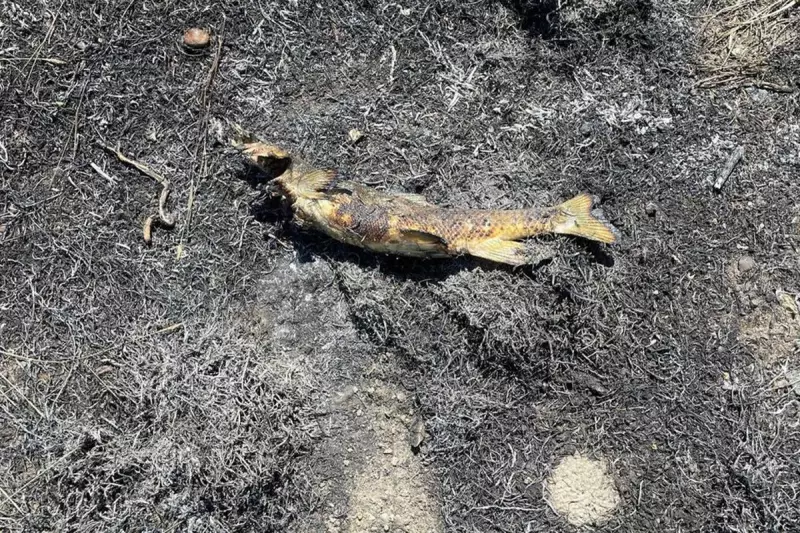
British Columbia is facing an ecological catastrophe as raging wildfires cause river temperatures to spike, resulting in the deaths of thousands of fish. The extreme heat has devastated aquatic life, with Indigenous leaders and conservationists warning of long-term damage to vital ecosystems.
Rivers Turn Deadly as Temperatures Soar
Waterways in the region have become lethally warm due to nearby wildfires, stripping oxygen from the water and creating uninhabitable conditions for fish. Reports indicate that entire populations of salmon and trout have perished, with some rivers now resembling graveyards for marine life.
Indigenous Communities Sound the Alarm
Local First Nations groups, who rely on these waters for food and cultural practices, describe the situation as heartbreaking. "We’ve never seen anything like this," said one community leader. "The fish are cooking alive in the water."
Climate Crisis Fuels Disaster
Experts link the escalating wildfires—and their deadly impact on rivers—to climate change. With British Columbia experiencing record-breaking heat and drought, scientists warn that such events will become more frequent without urgent action.
- Over 1,000 wildfires currently burn across the province.
- River temperatures exceed 20°C, far beyond safe thresholds for fish.
- Indigenous fisheries face collapse, risking food security.
The crisis underscores the interconnectedness of climate change, biodiversity loss, and human survival—a stark reminder of the stakes as global temperatures rise.





